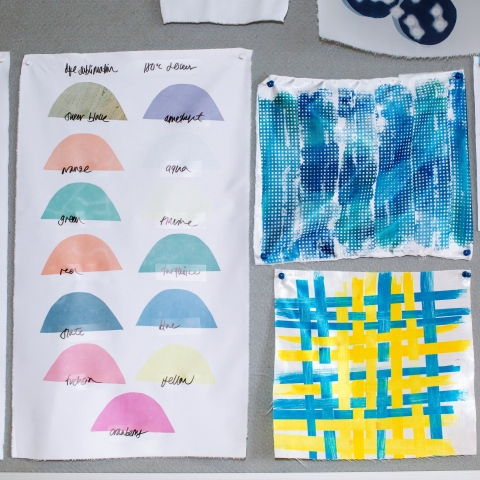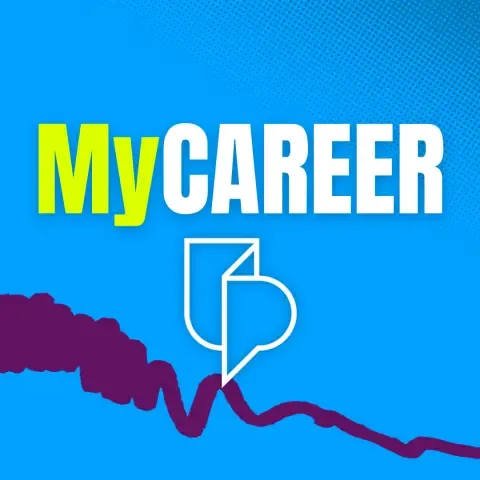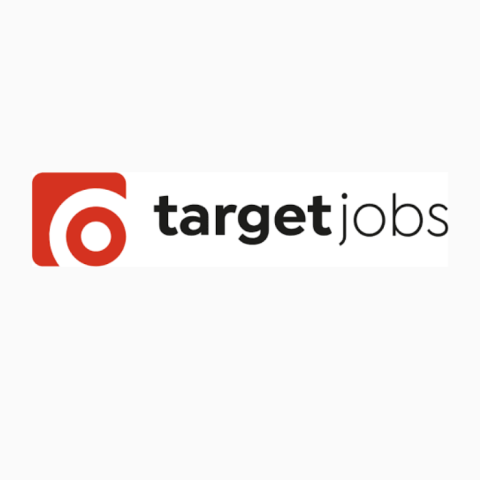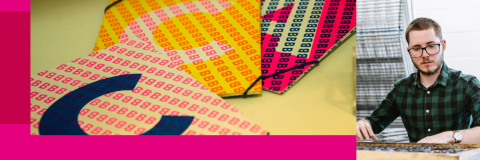
Sidebar navigation

Gaining Experience
Graphic design
Undertaking work experience is invaluable in developing expertise and the all-important transferable skills, which will help you demonstrate your motivation and commitment to this area of work. Employers also expect a good knowledge of design software, such as Quark, InDesign or Illustrator plus photo-editing software, including PhotoShop. Participating in relevant competitions and exhibitions can help you to promote yourself and build up your contacts.
Read on below for more information about the types of opportunities that might be available, as well as advice on how to approach your search for work experience.
Types of opportunities
Internships are usually available as short or fixed term contracts and will give you more hands-on experience in the workplace. Employers can view internships in the same way as full-time employment, so when a job role asks for 'at least one year’s experience’ you can include this type of experience.
Placements are a great way to gain substantial experience, help you to build contacts and gain an understanding of an organisation.
On some degrees, work placements are part of the programme, whilst on others you can choose to complete a placement as one of your modules.
To learn more about completing a placement, you can contact the Placements team in the Careers and Employability Service.
Search for placements at:
Learn more about taking a placement
Students from the Faculty of Creative and Cultural Arts may choose to take a Self-Employed Placement. Work for yourself during your placement year and receive support from the University's Student Startup Team. You will have access to funding opportunities, networking events and workshops.
Volunteering is a valuable way to build up your skills and knowledge in this field. Our Volunteering Bank provides local opportunities to undertake alongside your studies.
Where to find work experience opportunities
There are plenty of ways to find work experience in the Graphic Design industry. Some key online platforms include:
Speculative applications
Speculative applications involve sending a CV and cover letter to an employer to ask if they have any vacancies, even if the company is not currently advertising for a role. They're a great way to access "hidden jobs" that go unadvertised.
Submitting a speculative application shows your interest in a specific company and your willingness to go above and beyond to develop your skills and understanding of the industry.
Explore the Graphic Design Career Guide
Graphic design
All you need to kickstart your career in the graphic design industry.
Advertising art director Animator Artworker Concept artist Exhibition designer Graphic designer Illustrator UX designer Web designer Creative Freelance Startup Enterprise Self-employed Self-employment
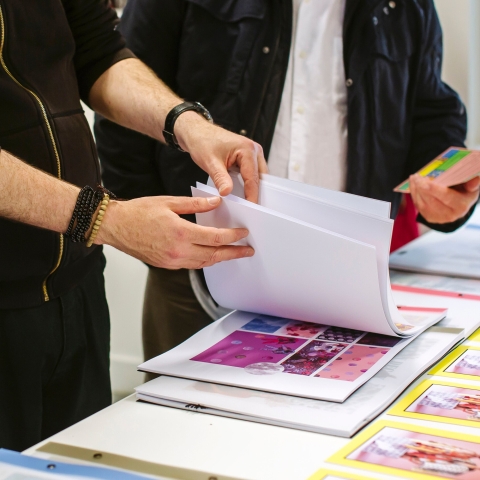
Getting started in graphic design
Find out all you need to know to start researching a career in graphic design.
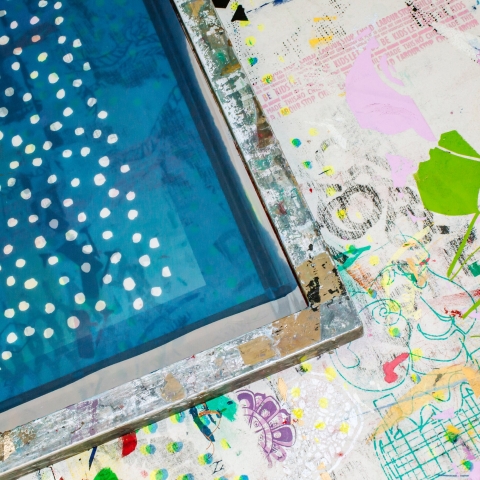
Finding a job in graphic design
Explore different ways you can secure employment in graphic design after your graduation.
